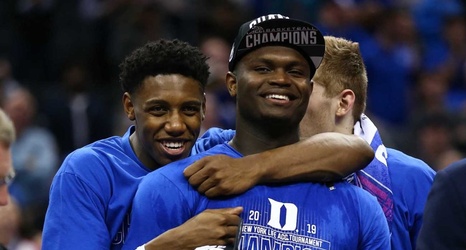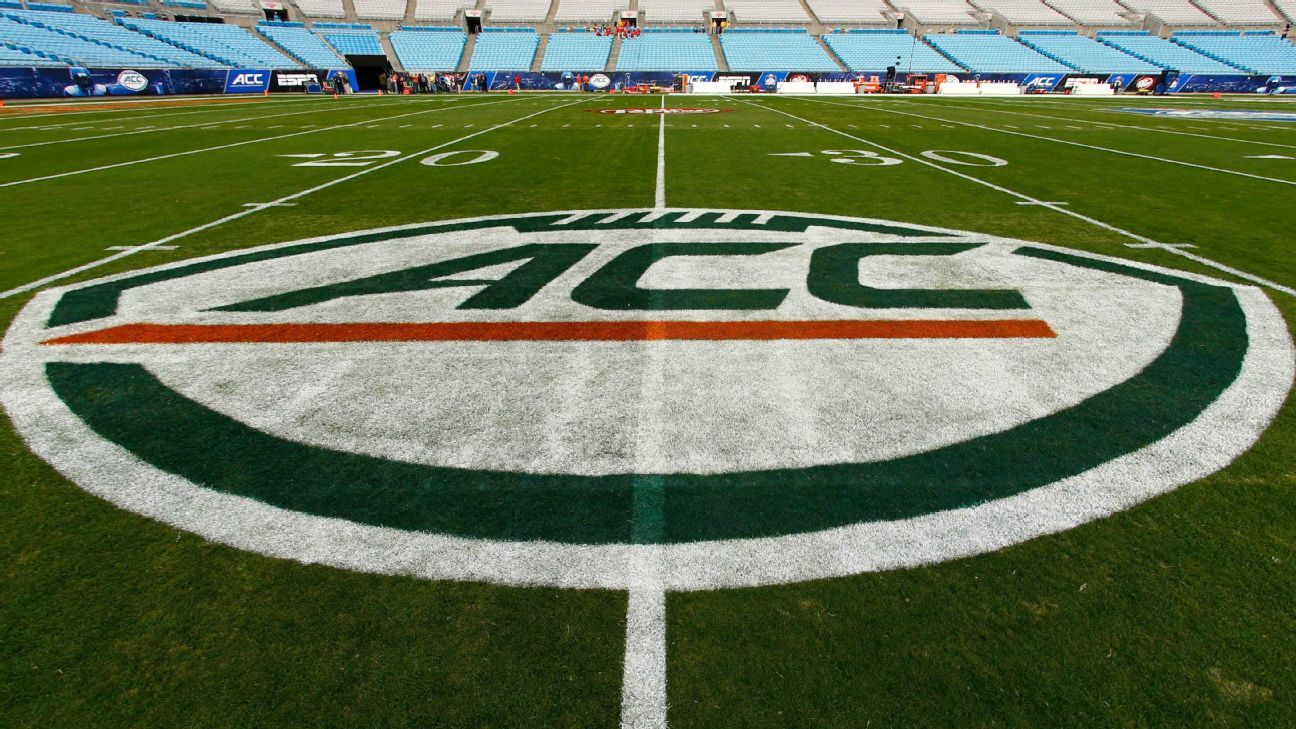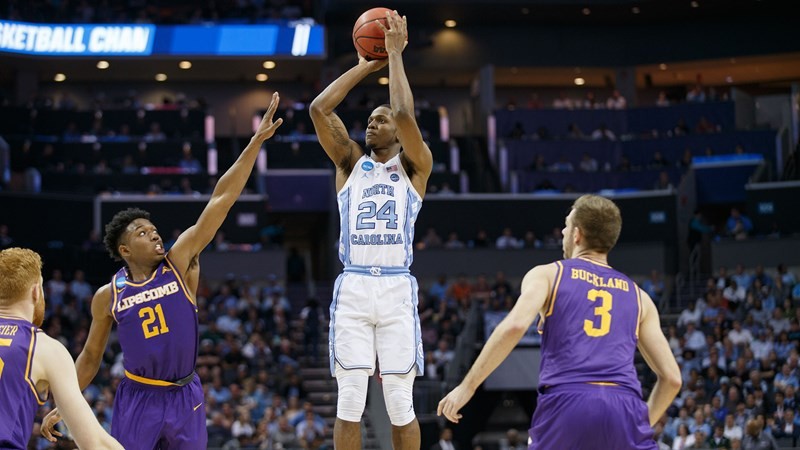
“The industry’s new landscape, littered with the smoldering ruins of torched traditions, was produced by cold economic reasoning, as befits industrial management. Will in The Washington Post asserted what we, the fans, feel about the game of musical chairs: The Border War: Missouri vs Kansas, first contested in 1891, has been played 120 times and you guessed it, the game hasn’t happened since Missouri left the Big 12.Įven the bitter Holy War between Utah and BYU, first played in 1896, has oddly not been scheduled for five separate unholy seasons since both schools split from the Mountain West. Nebraska’s rivalries with Kansas, Missouri, and Iowa State, which date back to 18, have not been played since 2010. The Battle of the Brazos, Texas A&M against Baylor (first played in 1899 and played 108 times) hasn’t happened since. Texas vs A&M, The Lonestar Showdown, one of the most storied games in college football and one that has been played 118 times, hasn’t happened since. A decade ago, the deck of conferences shuffled with Texas A&M and Missouri moving to the SEC, Colorado and Utah to the Pac-12, and Nebraska leaving the Big 12 for greener pastu-uhh, paper. Washington and Oregon will most likely be dragged far from their trusty in-state rivals to play in a conference along with UCLA and USC that is headquartered over 2,000 miles away from Los Angeles.
ACC CONFERENCE EXPANSION NEWS TV
Geography is now an afterthought the almighty TV dollar has spoken. The powerful folks of the college football industry are regrettably discarding many of these important traditions.

A rivalry game brazenly claims that regardless of the number of wins a school has in a season, true success is earned by beating a hated foe. These games are the reason we still tune in 30 years later. The Choke at Doak is a pleasant memory of my childhood and an epic example of the true brick-and-mortar of college football. The raucous FSU fans tomahawk chopped with glee and the Seminoles gave them a show, scoring 28 unanswered points to tie the game at 31! (Unfortunately, that’s how it would end as the NCAA didn’t begin overtime play until 1996.) Then lightning struck for the home team! I was riveted, hypnotized, to the screen.

And their feelings were reciprocated!Īs an 11-year-old, I multitasked while casually watching Florida dominate 31-3 after three quarters. FSU students confessed to the camera the hatred and disgust they deeply felt for their rival school. The ABC coverage team set the stage for an electric environment by conducting on-campus interviews at both schools before the game started. The uproar of over 80,000 frenzied fans left an indelible imprint during an epic fourth quarter that converted me into a college football fan for good. But just being a lay person, it must be pretty good if no one has tried to challenge it.1994. "So, not being a lawyer, I don't know the tenets of it. "Well, all I can say is that same grant of rights has been in other conferences, and no one has really challenged it," Miami athletic director Dan Radakovich told the Miami Herald this week. Now, as other conferences have passed the ACC, its grant of rights might as well be a one-ton blocking sled on every ACC practice field. He negotiated a 2016 media rights amendment with ESPN that established the ACC Network and pushed the agreement out 20 years. Former commissioner John Swofford's daring raid to expand the league helped collapsed the old Big East. It just finds itself with internal turmoil. The ACC is neither naïve nor innocent in this endeavor. Other estimates have been lower but still significant.

You can take it any federal court in the country and win.'"īecause of the rigid nature of the language contained within the grant of rights, Bowlsby added that any issue arising from it is "going to end up having to be a negotiation, not a court trial."Īn ACC league source last year told CBS Sports, at that time, it might have cost as much as $500 million total to exit the league, including its grant of rights, as there were then 14 years left on the deal. "They came back and said, 'This is ironclad. "I asked them to tear it apart," Bowlsby said.

Neither school dared challenge the grant of rights itself.Īfter Texas and Oklahoma declared their intentions two years ago, Bowlsby doubled back and vetted the vulnerability of his grant of rights with a New York litigation firm.


 0 kommentar(er)
0 kommentar(er)
